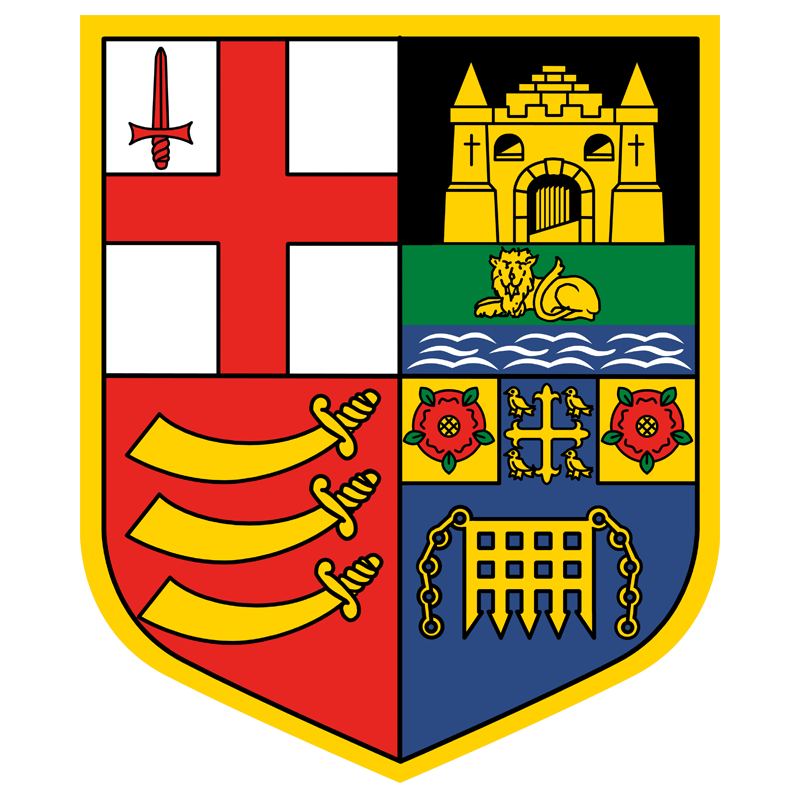“For it is good to be children sometimes, and never better than at Christmas, when its mighty Founder was a child Himself.”
― Charles Dickens, A Christmas Carol
The London Rowing Club Christmas tree, 2018 on display in the Club’s Fairbairn Room.
(Photo courtesy of Bob Silver)
Did you know…
… that Charles Dickens’ son was a member of London Rowing Club and was appointed as the first Honorary Secretary of the Metropolitan Regatta in 1866.
In Water Boiling Aft, London Rowing Club, The first 150 years, Christopher Dodd mentions the involvement of Dickens Sr. and Jr. with the Metropolitan Regatta:
“The Metropolitan Regatta got started in 1866. At a dinner for the rowing clubs of the metropolis at the London Tavern in May 1866, the novelist Charles Dickens, president of Nautilus Club, said that he ‘could not avoid the remembrance of what poor things the amateur rowing clubs of the Thames were in the days of his noviciate’, and he called for a really great national regatta, and hoped that the committee selected for the purpose ‘would carry on its labours to a triumphant result’. His son, Charles junior of London, had called a meeting in the previous to organise a procession of boats to open the season, and more than twenty clubs had responded. Races for pairs and junior eights followed in August 1865, and in April 1866 the committee to which Dickens senior referred met for the first time, with London’s Herbert Playford in the chair and Dickens junior as secretary. On 14 August the first Metropolitan Amateur Regatta took place, aiming to be a ‘meeting of real importance and national interest in the metropolis itself’. Six events were ‘open to the world’ and the Lord Mayor gave away the prizes. Next year a proposal to include a a river fête to impress Belgian visitors, with the Prince of Wales in attendance, never came off, ‘partly because through lack of cooperation from Leander Club’. The regatta was soon in trouble, having lashed out on medals and trophies – £350 for the Champions Cup – and having in Dickens a secretary notable for his lack of business acumen. There were many discussions about paying jewellers’ bills, and in 1868 insurance of trophies was abandoned, but later restored. In 1869 a dramatic entertainment at the Lyceum Theatre reduced the deficit, and London Rowing Club, by far the largest club involved, took over responsibility for running the regatta. Thus the Met became the club’s prestigious open meeting, and from now on the same names would be associated with its operation as were running the club. They set about the task in customary fashion. An annual pattern was established for arrangements, a collector collected funds on commission, and in 1874 the Met shakily entered the black…”



